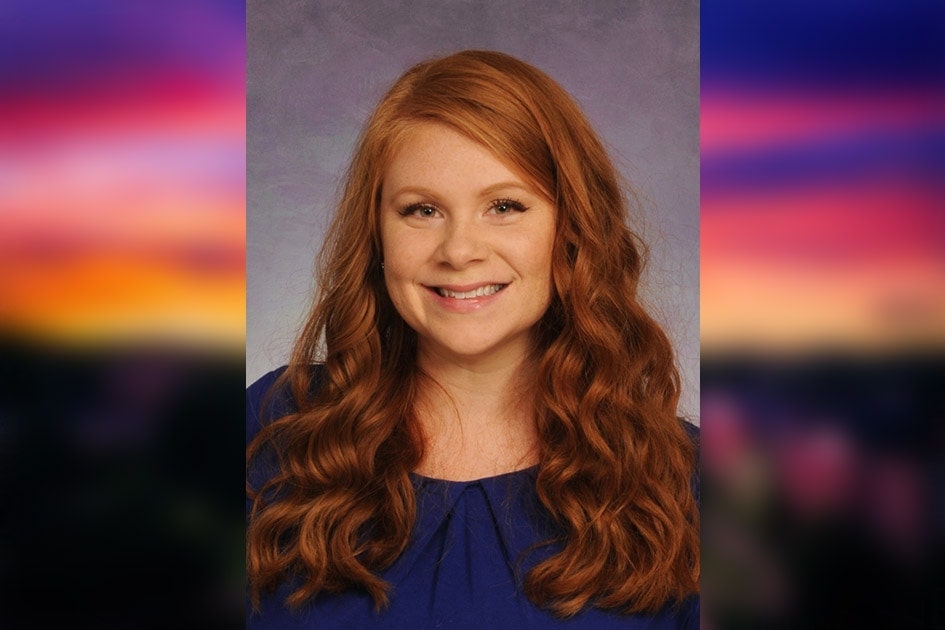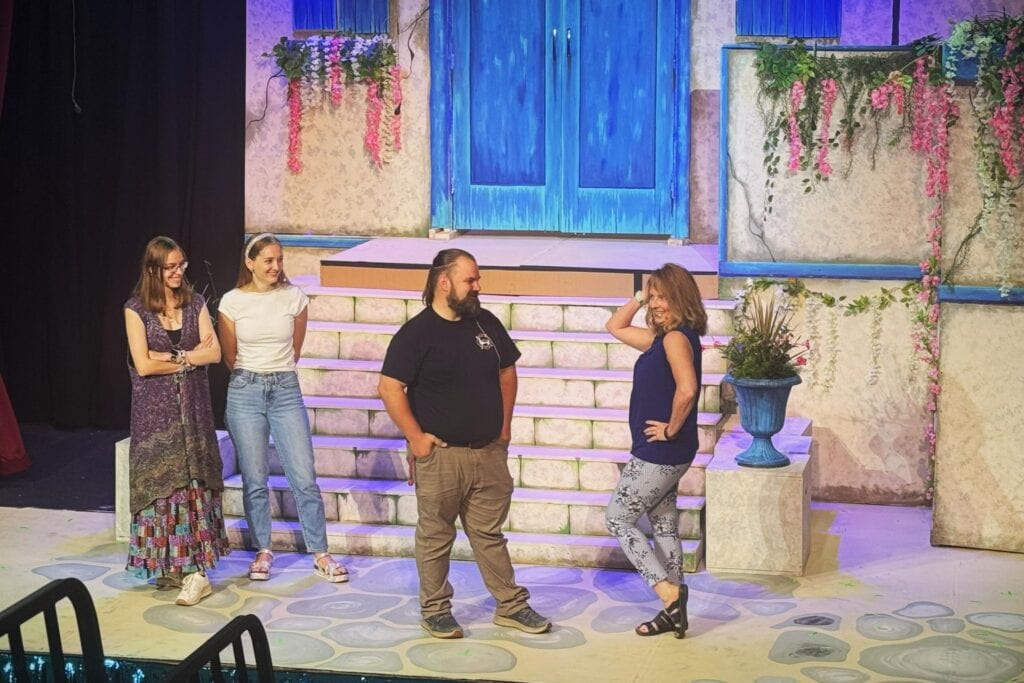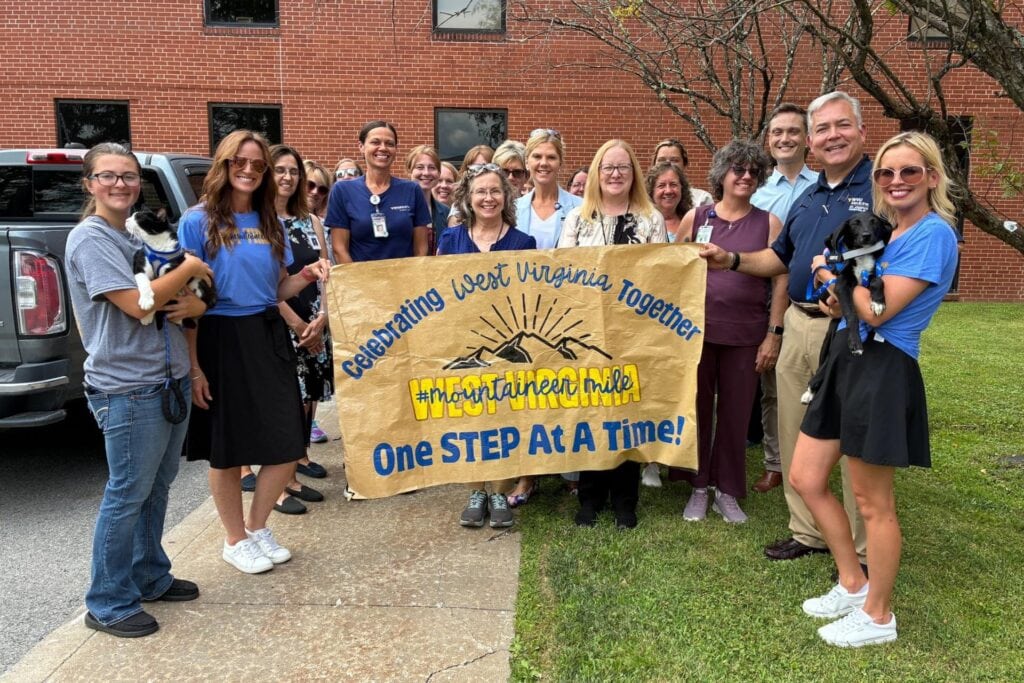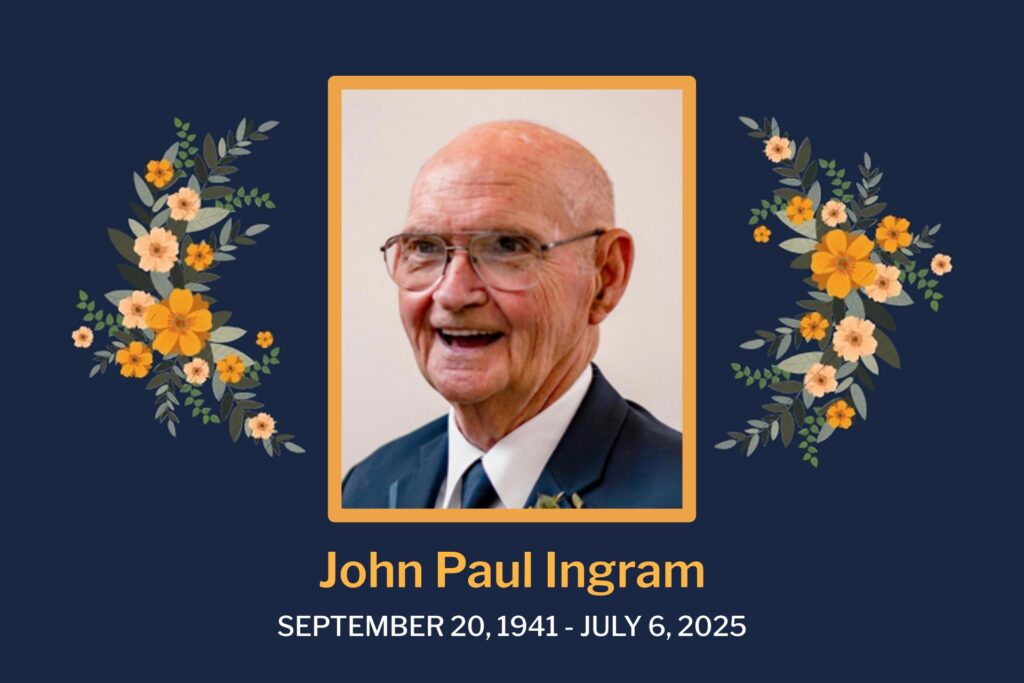Carry your keys. Pretend you’re on the phone. Don’t go out alone after dark. People—especially girls and women—receive advice like this every day from friends and family members concerned for their safety. But what if sexual-violence prevention focused less on what potential victims do and more on what potential bystanders do?
West Virginia University researcher Danielle Davidov is examining violence-prevention programs that teach potential bystanders to short-circuit situations that are charged with violence. They give participants strategies for intervening in risky situations—for example, if they hear one person call another a sexually degrading name, or see a semiconscious person dragged out of a bar. They also make bystanders more likely to intervene if the need arises, rather than staying silent.
“The goal of these programs is to reduce violence perpetration, which in turn will reduce victimization,” said Davidov, an assistant professor in the School of Public Health and adjunct assistant professor in the School of Medicine. Her work has received funding from the West Virginia Clinical and Translational Science Institute.
She and her collaborators at the University of Kentucky are examining bystander-intervention programs—at approximately two dozen universities—and identifying which combinations of elements within the programs correspond to the greatest decreases in sexual violence. They are distinguishing the program components that make bystander interventions more effective and more likely. And they are pinpointing ways to make programs more cost-effective. Their project—now in its fourth and final year—received $1.6 million from the Centers for Disease Control and Prevention.
Through statistical modeling, surveys of undergraduate students and interviews with campus personnel involved in violence prevention programming, the researchers are determining what programs are offered on college campuses and which parts of them seem to work the best. Eventually other universities can replicate those parts and launch their own evidence-based programs.
“There is a lot of variability in how college campuses are implementing bystander programming. Many schools have a required program for all students to complete before registering for classes. Other schools might offer smaller, skills-based workshops or target certain audiences or influential groups, such as student athletes or those involved in Greek life. Some use online modalities, while others are offering programs in person,” Davidov said. “We’re digging deep into the nitty-gritty details of these programs to see which combinations of elements correspond with a drop-in violence over time so that others can use our research to spearhead programs that will be effective for their own student populations.”
The need for such insights has grown more urgent since 2013, when Congress passed the Campus Sexual Violence Elimination Act. The act mandated—among other things—that publicly funded universities provide campus-wide sexual violence prevention and education programs for their students. In particular, the act required that universities incorporate bystander intervention into these programs.
Bystander intervention has gained prominence over the past 10 years, Davidov explained. “The field of violence prevention has historically focused on risk-reduction methods for potential victims. Messages direct those at risk for sexual violence to walk in well-lit areas, to not walk alone and to stay alert. There was less of a focus on teaching people that they shouldn’t harm others or that they should step in to stop violence. The onus was basically on potential victims to protect themselves so they wouldn’t become a victim,” she said.
In contrast, bystander intervention operates on the premise that most people are nonviolent. “It emphasizes that we should all care about each other,” Davidov said, “and we all have a role to play in violence prevention and making sure folks are not hurting one another.”














